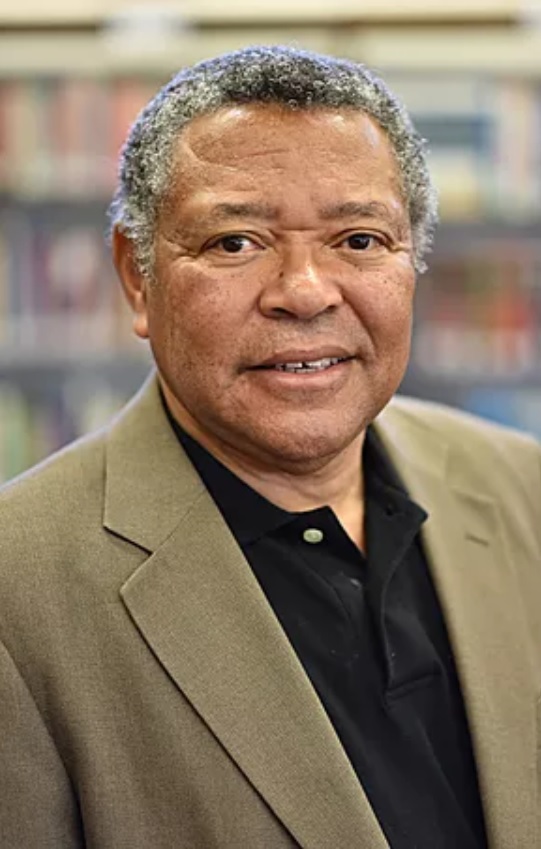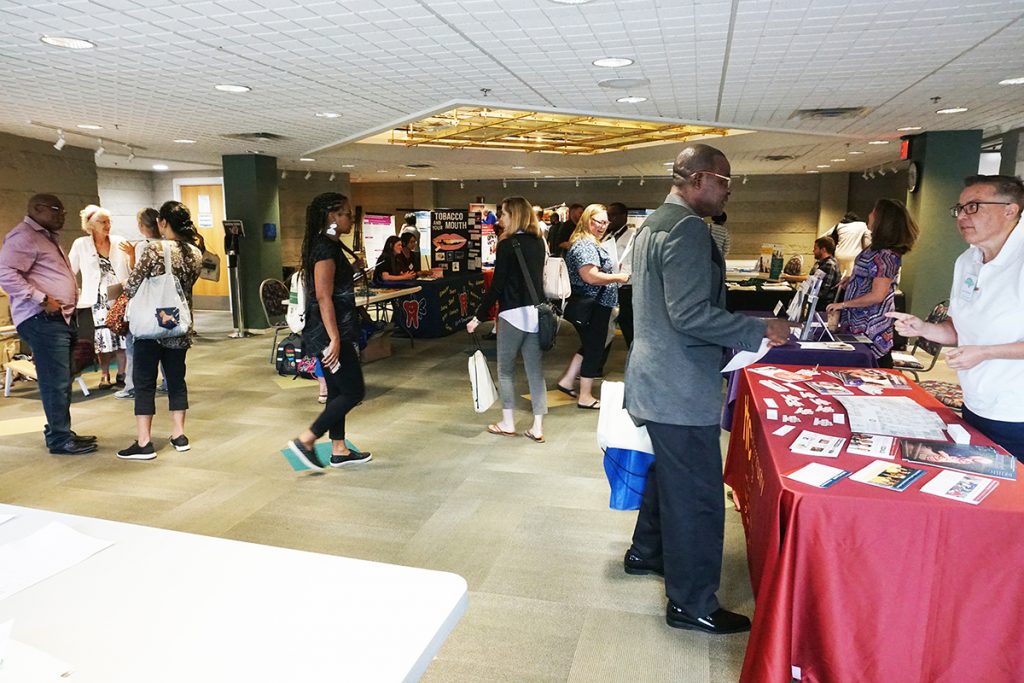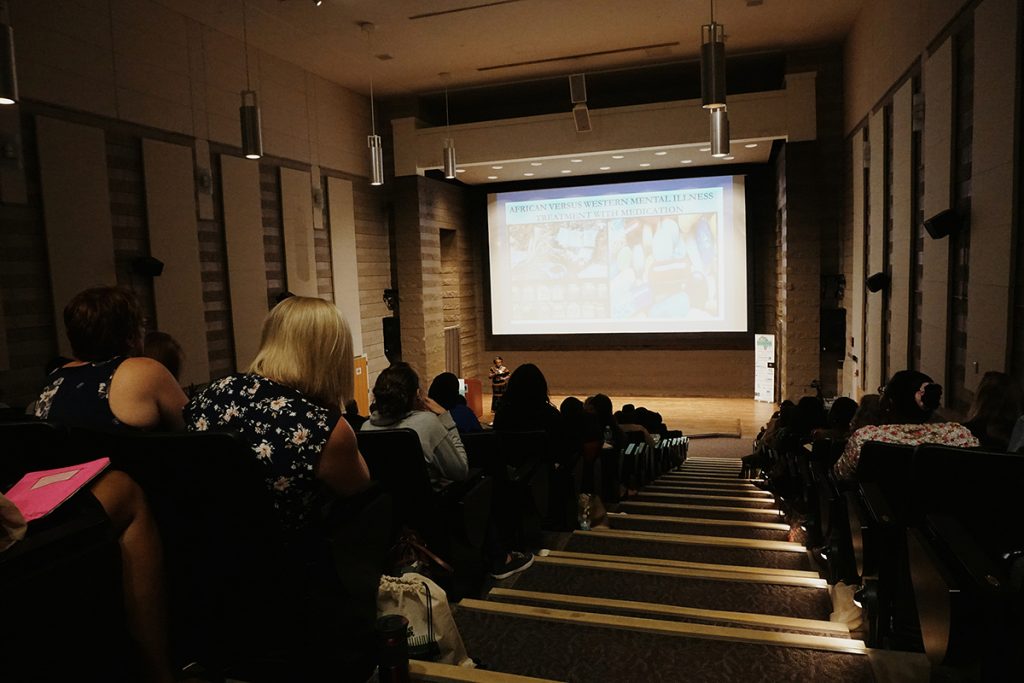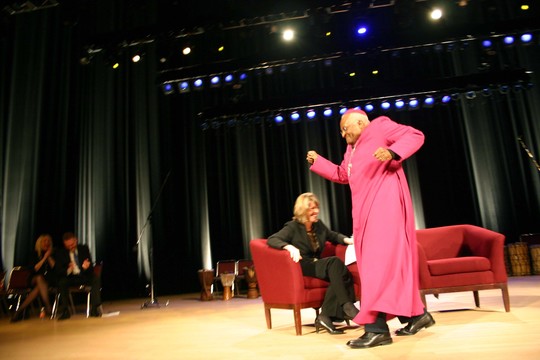



Black psychologists have been urged to do their own research to address the dearth of research on the mental health needs of people of color. That was the thrust of a keynote address given by Dr. Alvin Killough, Cultural-Ecological researcher and Associate Professor at the University of Minnesota Crookston during an expansive three-day conference held at Metropolitan State University in St. Paul.
“Do your own research. Assemble the evidence. Collaborate,” Killough told the fourth annual International African mental Health Summit last week.
Dr. Killough highlighted the important role of spirituality in addressing the mental health needs of African communities, despite its potential being overlooked in western studies and practice of mental health treatment.
“Mental illness is treated as a spiritual disorder… The notion of illness must be understood within the larger cultural meaning,” Killough said, speaking of the barrier that religion can place on mental health treatment.
In his keynote address, entitled “Back to the Basics: Towards a Shift in the Mental Health and Well Being of Africans in the Diaspora,” Killough also elaborated on the complexity of black identities, the rich history of Africans, and the traumatic impact of slavery on the present-day conditions of black people in the United States.
Killough also delved into the link between mental illness and poverty, which he said is often overlooked. “A pill won’t take away poverty,” he said.
He urged conference participants to “claim and tell your authentic story” and to expand the awareness that the experiences of black people are not simply about melanin. They should unapologetically raise the question that speaks to what the diaspora is and what are the implications of being of African descent and to also renew their inspiration to continue in their efforts on collaboration.
The 3-day Summit included workshops, musical performances, and breakout sessions covering topics ranging from structural barriers on the mental health of African immigrants, and conceptions and misconceptions of dementia care among Africans, to human trafficking in the African diaspora. In attendance were mental health practitioners, teachers, and professionals of various backgrounds. Representatives from Nigeria, Kenya, and Italy also attended the summit.
The summit is organized annually by Progressive Individual Resources under the leadership of Dr. Richard Oni. In a statement in advance of the summit, Dr. Oni said “I hope that through the platform of this Summit, we can all strive to continue our services and research in the field of Mental Health of Africans in Diaspora.”
About Bethel Gessesse, Mshale Photojournalist
Bethel is a general assignment reporter and photojournalist at Mshale. She is based in Atlanta.







